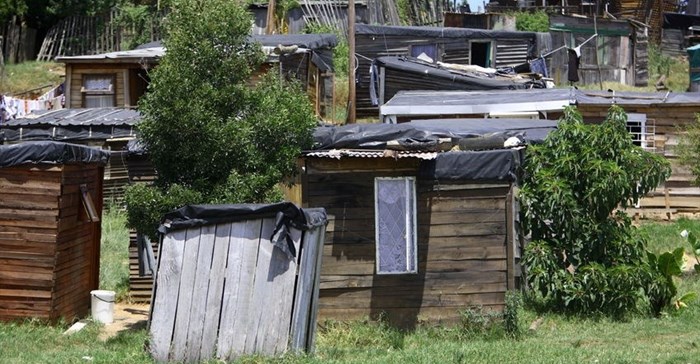Evictions are a constant feature of South African society, with recurring land-grabs and land invasions taking place in various parts of the country.
The question is whether unlawful occupiers have any rights in terms of the current South African laws to occupy property or land that does not belong to them. Plainly put, 'Do squatter's rights' exist in South African law? Previously, in terms of the common law, landowners could evict unlawful occupiers by only proving ownership of the property or the absence of consent for the occupiers to stay on the property.
Today, the right to housing is an established fundamental human right that is enshrined in section 26 of the Constitution of the Republic of South Africa, 1996. The Constitution further extends the right to housing by affording a person the right not to be evicted from his home, or have his home demolished, without an order of court.
Squatters build structures which are their homes and thus should enjoy the rights outlined above. The squatters' Constitutional rights to housing are therefore the first recognition of 'squatter's rights' covered by South African laws.
Eviction of squatters
The second recognition of 'squatter's rights' is evident in the laws preventing a landowner from evicting squatters off his property or land. The Prevention of Illegal Eviction From and Unlawful Occupation of Land Act 19 or 1998 (PIE), dictates that only a court has the discretion to grant an eviction order and only insofar as it is just and equitable under the circumstances.
'Land-grabbers' and 'squatters' fall within the definition of an 'unlawful occupier' in terms of section 1 of PIE and as such, the temporary right referred to in PIE can be said to be the same as 'squatter's rights'. The landowner must therefore first obtain an order of court to evict squatters.
PIE thus affords the unlawful occupier or squatter a temporary, limited right of occupation and entitlement to remain on the land without the landowner's consent. This protection for 'squatter's rights' persists until the government can provide alternative accommodation to the unlawful occupier who would be left homeless as a result of the eviction.
This is not to say that the landowners rights to property ownership outlined in section 25 of the Constitution are completely overlooked. With the implementation of PIE, the landowner's property ownership right must be balanced with the right to housing of unlawful occupiers, to ensure that the unlawful occupier will be evicted where it is just and equitable to do so.
Permanent effect
Although the limitation of property ownership is generally temporary, in certain circumstances this limitation may have a permanent effect in instances where the government fails to provide alternative accommodation or permanent housing on alternative property. In such a case, the landowner will be entitled to compensation from the government. The right to housing therefore has the potential to limit the landowner's right of property ownership.
Notwithstanding the fact that squatters invading land is an illegal act, squatters do have rights, albeit limited and potentially temporary rights. The legal processes put in place for lawful eviction generally do not entitle an unlawful occupier or squatter to remain on the land indefinitely.
Rather, they work to prevent evictions that would result in social injustice by affording the unlawful occupier a temporary limited right to remain on the land until adequate alternative accommodation is made available.
































